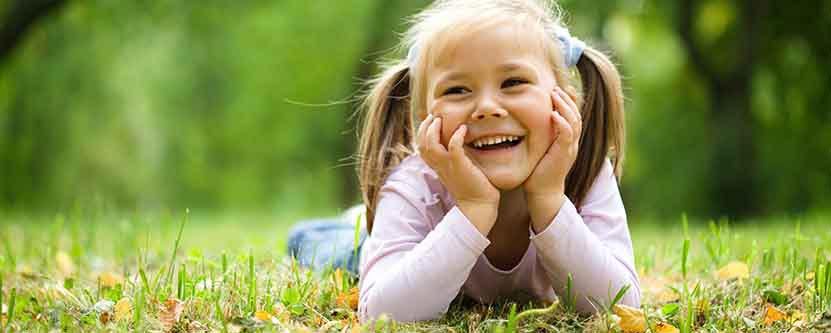Spring is going to be here, which means it will be time soon to put away your sweaters and cardigans, and prepare for
[the_ad id=”7035″]outdoor camping and picnics. Alas, it’s also the time when children fall prey to different allergies.
Allergies happen when the immune system reacts too strongly to a particular substance called the trigger. Common triggers for spring allergies include pollen, flowers and their fragrance, grasses, trees, etc.
For those parents who are aware of their child’s allergy history, to those whose children come down with symptoms of allergies out of nowhere, it is important to be aware of the signs leading up to them and steps you can take to stop them in their tracks.
How Do I Know My Child Has Allergy?
- The commonest way an allergy shows is with a runny or stuffy nose and itchy, watery eyes.
- Few children come down with mild fever, body ache, weakness and become lethargic.
- The less obvious signs of an allergic attack, seen especially in children below 2 years of age are sudden dip in appetite, crankiness and irritability.
- Kids with Asthma or with an underlying tendency start coughing persistently. The cough is typically dry, and if severe, can lead to a peculiar whistling sound from the mouth called wheezing.
- Spring allergies typically affect the breathing system of the child. In some children, however, skin complaints can also develop. A hypersensitive skin can show itchiness and a rash due to allergy.
- Try to understand when the symptoms come up. This will help you to identify what is triggering the symptoms.
- Recurrent episodes of Allergies can also hamper the quality of life of a child. Children are meant to have fun, especially outdoors, and a healthy child is able to interact with Nature without falling ill. A child with Allergies has to face multiple restrictions, and this can affect their confidence, productivity and outlook towards life adversely.
My Child Has Allergy. How Do I Tackle This?
Because allergies are extremely unpredictable as to when and how they can hit you, the key to properly taking care of them lies in choosing the right line of treatment for them. OTC (Over The Counter) medications only control the symptoms of the current attack, without really working to remove the actual allergy.
True recovery from Allergies can happen only if the medicines given work on the immune system in such a way that it stops overreacting to triggers. Homeopathy is a wonderful choice in this. Homeopathic medicines not only control the symptoms effectively but can also prevent further attacks.
An added benefit is that homeopathic medicines have no side effects, and can be completely stopped once the allergic tendency has been removed. So no lifetime dependence required!
What Other Steps Do I Need To Take To Prevent Allergy Attacks
- A thorough bath after playtime outdoors helps to get rid of any pollen that may have stuck to the child’s body or clothes.
- Pollen count tends to be on the higher side in the early mornings, so allocate outdoor play time to the evenings.
- Wash your bedsheets weekly and curtains every fifteen days. If you intend to do any kind of cleaning in the house, of carpets, mattresses, curtains, etc., use a vacuum cleaner instead of a broom or duster. These will keep your child away from dust-mites and pollen.
- Filters to your air conditioner should be changed on a regular basis as they become the source of mold and dust in your homes.
- Keep pets away from home. Animal dander (tiny shreds of skin that the animal sheds) is a common trigger for Allergies.
Allergies should never be the reason for your child to stay indoors or avoid playing with friends. Homeopathy can ensure that your child enjoys the spring season to the fullest.
Source:

